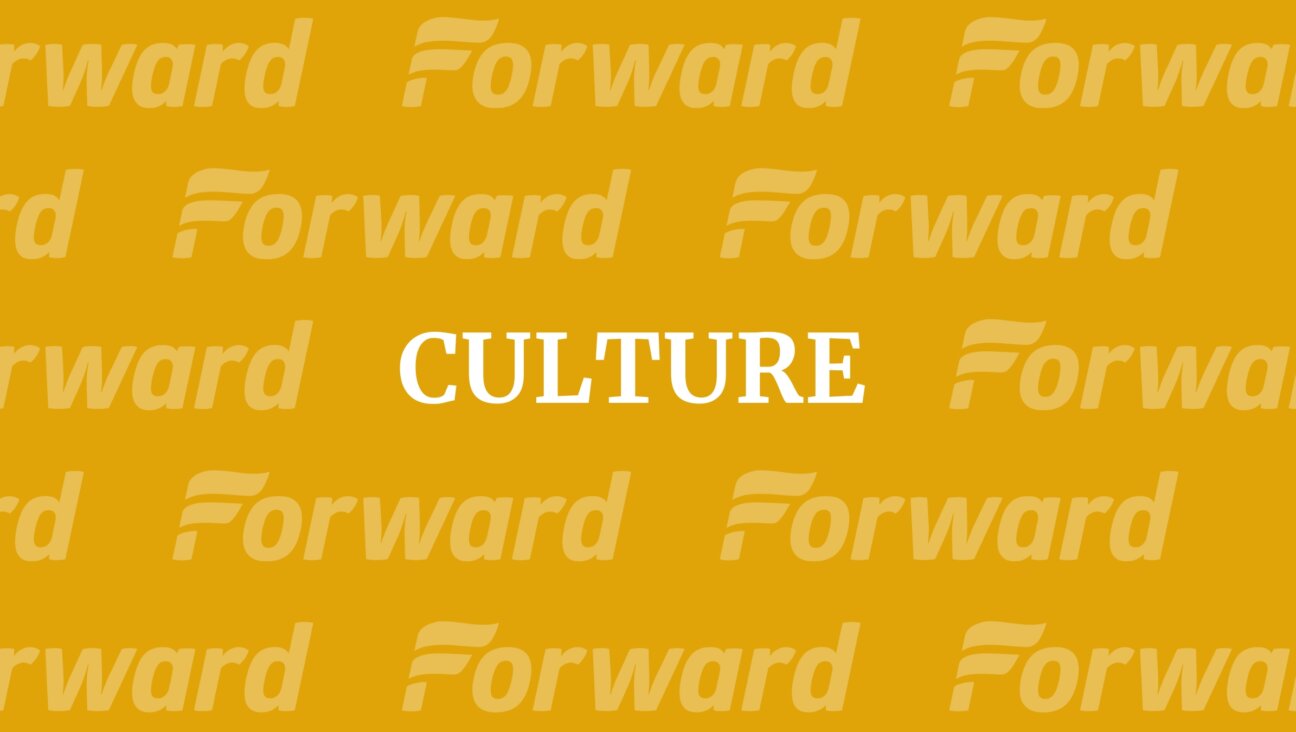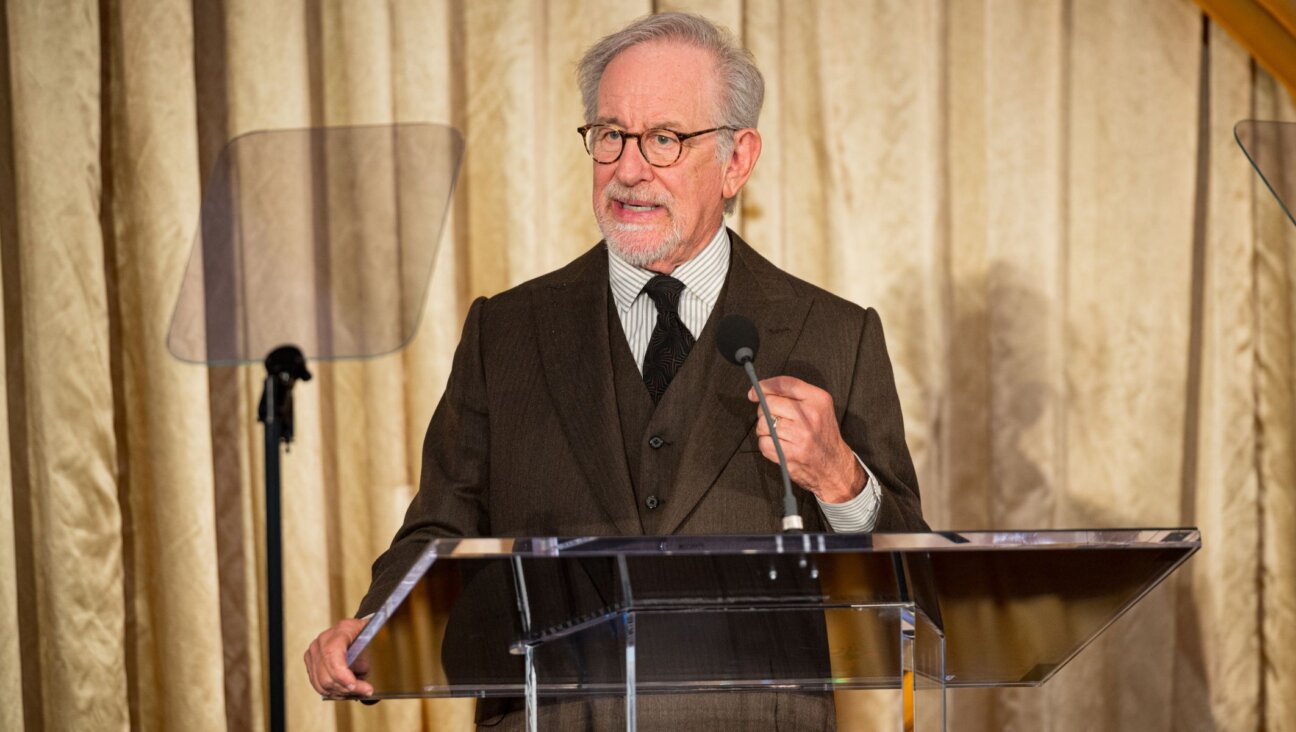
A.J. Goldmann is a writer based between Munich and Berlin. His articles about European and Jewish culture have appeared in The Wall Street Journal, The New York Times, The Atlantic, The New Republic, and The Guardian.

A.J. Goldmann is a writer based between Munich and Berlin. His articles about European and Jewish culture have appeared in The Wall Street Journal, The New York Times, The Atlantic, The New Republic, and The Guardian.

Before embarking on a trip to Switzerland in the 1880s, the great rabbi Shimshon Raphael Hirsch is reported to have said, “When I shall stand before God, the Eternal One will ask me with pride: Did you see my Alps?” This apocryphal quote is the jumping-off point for a new exhibit at the Jewish Museum…

“An artist, especially a Jewish artist, cannot remain neutral in these times. He cannot escape to still lifes, abstractions and experiments.” These words, uttered in 1934, belong to Polish-Jewish illustrator and political caricaturist Arthur Szyk (1894–1951). As one of World War II’s most widely circulated propagandists, he fought the National Socialist regime and the Axis…

One of the few surprises of this year’s Academy Awards ceremony was the snub of Ari Folman’s “Waltz With Bashir,” the animated film about the First Lebanon War that seemed poised to win Israel its first ever statuette for best foreign film. Instead, the Oscar went unexpectedly (some might say inexplicably) to the Japanese film…

A visitor to the Deutsche Gug-genheim Berlin’s new show of contemporary American art, Freeway Balconies, might be taken aback by the exhibition’s first piece: a luminous black-and-white photograph of a yarmulke-clad boy interacting familiarly with a girl who’s wearing a long skirt. The caption reads: “The Garden of Eden.” The photo is one of four…
In the concluding scene of Richard Wagner’s “Die Meistersinger von Nürnberg,” which will be performed at the Metropolitan Opera this month, the opera’s hero delivers a powerful monologue extolling the virtues of “Holy German Art” in the face of foreign influences. At the 1924 Bayreuth Festival — the first since the outbreak of World War…
‘A filmmaker must be a witness of his times,” said great French director Jean-Pierre Melville, widely acknowledged as the grandfather of the French New Wave, in an interview about his 1969 movie, “Army of Shadows.” The film, a gloomy existentialist set piece of espionage that details the heroism of French partisans in the face of…
‘A brain full of razor blades and a heart full of chutzpah.” That’s how filmmaker Billy Wilder described “Whiplash Willie” Gingrich, the opportunistic lawyer in “The Fortune Cookie” (1966). But those same words could well be used to describe Wilder himself. Wilder, the great American filmmaker who died in 2002, is best remembered for the…
When Stanley Kubrick died in March 1999 during the post-production of his final film, “Eyes Wide Shut,” he left behind several pet projects he had been working on for decades. These included a science-fiction riff on “Pinocchio” (later finished by Steven Spielberg as “A.I.”), a historical biopic of the life of Napoleon and a Holocaust…








100% of profits support our journalism